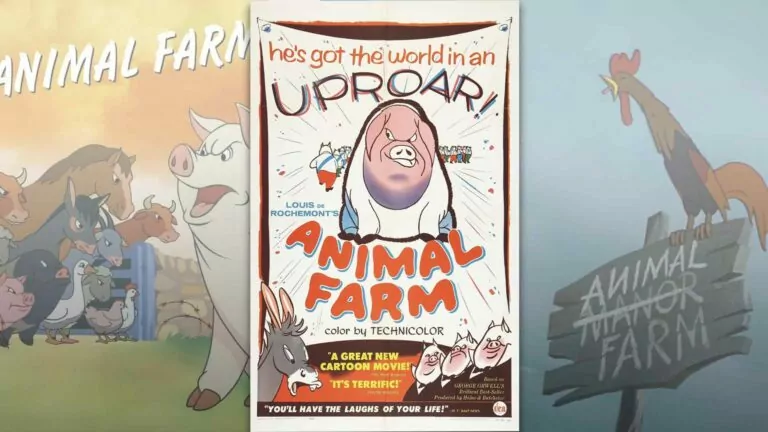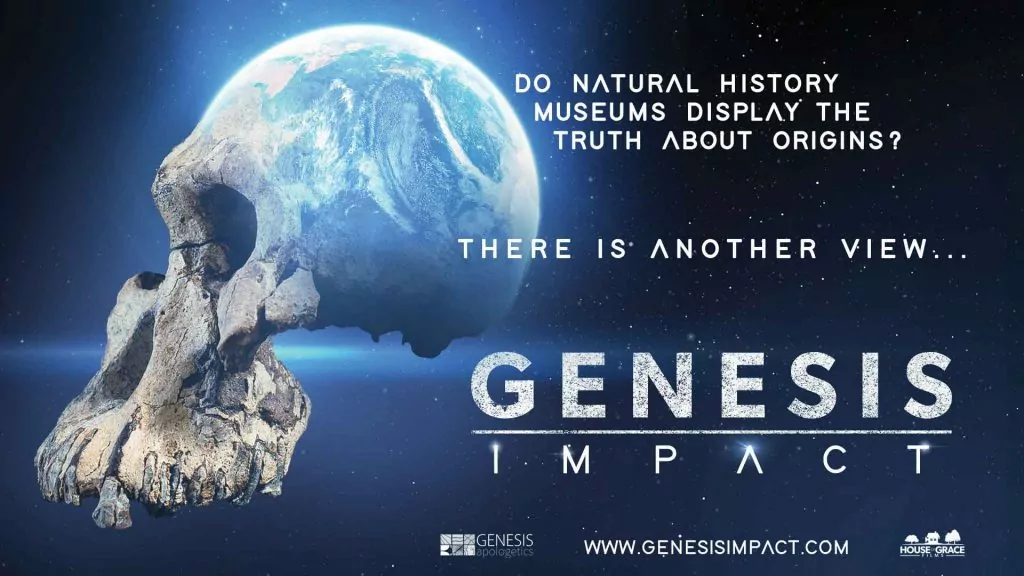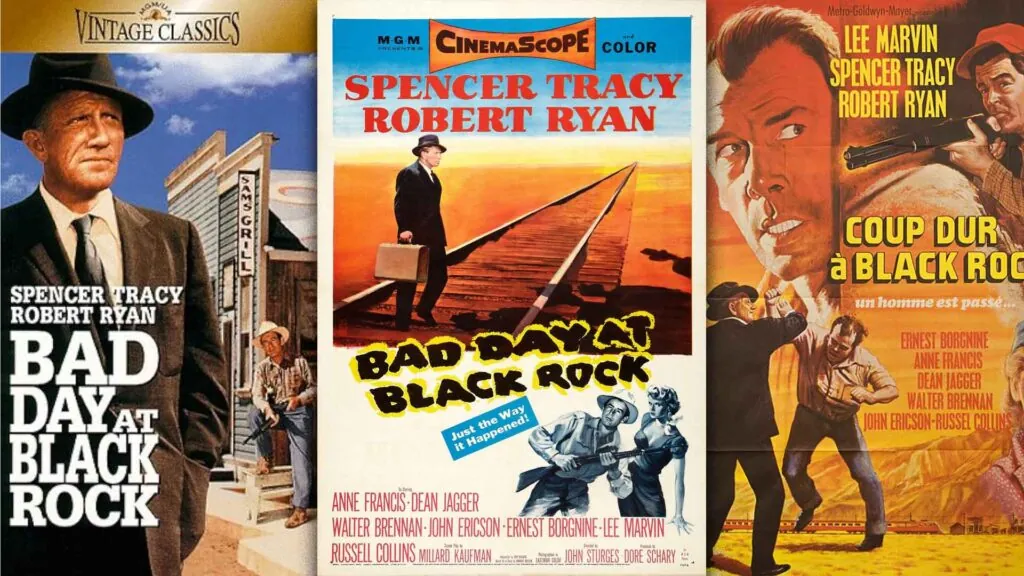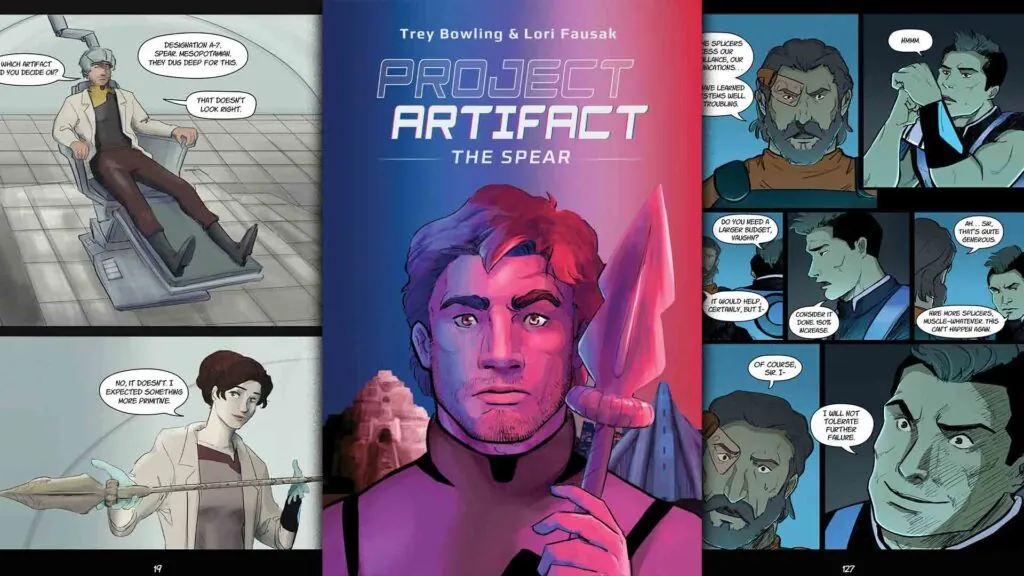Animated / Drama
1954 / 72 minutes
RATING: 7/10
This is George Orwell’s classic dystopian tale brought to the big screen. A farm setting is used to highlight a conflict between the “working class” – chickens, geese, cows, and pigs – and the wealthy, represented here by the farmer who owns everything. Orwell was anti-communist, but not blind to the problems of the arrogant elite who abused the poor, so his Farmer Jones here is a piece of work, shown whipping the animals in a drunken stupor.
When Old Major, the most revered pig on the farm, calls a meeting, all attend. He gives a rousing speech, calling for solidarity against the oppressive farmer, and equality for all animals. But Old Major doesn’t live to see the revolution he has called for – he punctuates his speech by collapsing at the end. But he has inspired action. The animals drive out Farmer Jones, and take over the farm for themselves.
However, the animals soon learn the same lessons the poor Russians peasants learned when they overthrew the Tsar: being free of one tyrant isn’t the same as being free. The pigs soon take the place of the farmer, because, after all, someone has to show some leadership. The pigs are soon eating the farmer’s food, and sleeping in his bed too, even as the rest of the animals remain in the barn. All animals are equal, but some are more equal than others.
Caution
The cautions are of two kinds.
Parents could see the trailer and think this could make for a good family night flick. While the simple 1950s animation does mute some of the violence, there are still creature killed both onscreen and off. At one point it is a full out war between a dozen armed humans and all the animals. Not a lot of blood is shown, but way too much for children. That’s okay though, because this really isn’t intended for an audience too young to understand the moral to the story.
The other concern is that teens, and even some adults, might miss some of the nuance here, in part because of changes to the film that aren’t in the book. This is a more hopeful version of the tale that ends with the dictator pig, Napoleon, getting overthrown, trampled to death by the other animals. In the book, it ends with the pigs still in charge, now making deals with the humans, and it is getting hard to tell the humans from the pigs and the pigs from the humans. The film’s more hopeful ending was likely made because the film was, in fact, produced by the CIA. They may have wanted it to end on a more “democratic” note, the people rising up against their communist dictator. But Orwell’s unresolved ending was likely meant to highlight the growing communist encroachment even in the West. And viewers will not get that from the film.
But both book and film do critique the abuses that can happen under the arrogant. Orwell wasn’t saying that the West was perfect and that only communism was a problem; he was highlighting that communism wasn’t a solution to the problems happening in the West, and would only make things worse.
Conclusion
This is not a film to watch for entertainment; it rates only middling on that scale. But it is a great presentation of one of the more important novels of our time. At a time when “equity” is thought to be the ultimate goal, it’s important to teach the next generation where that road really takes us. So, this would be a great one for 12 to 112.
You may also be interested in Animal Farm: the Graphic Novel.












